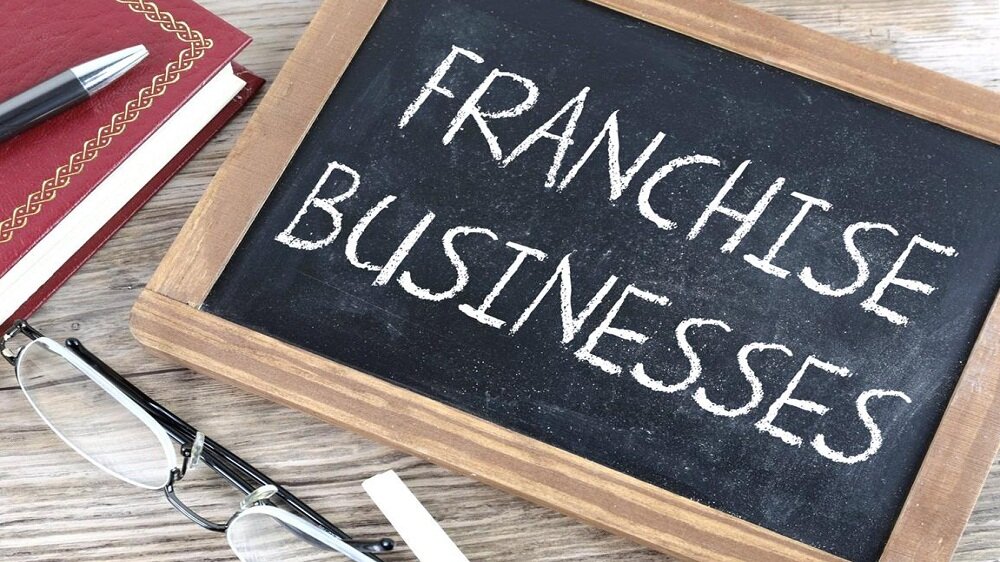Author: Michael Geo
People often think a business model is basically how a business makes money, but it’s far beyond that. A business model is how a company creates and delivers value to customers while making profit.
Selecting the best model for your business is not so simple. These days business models can be changed, customized, or added to fit your needs.
This article will help you understand some business models that may be perfect for your business or lifestyle.
Let’s roll!
TYPES OF BUSINESS MODELS
There are many ways to do business depending on the type of venture you operates.
When someone utters the phrase “business model”, you often hear the term “profitability”, which is usually at the center of business success.
But the profitability of your business model can depend on various factors such as the type of business, the market, competition, economy, etc.
Let’s explore the 3 basic types of business models:
1. Subscription Business Model
As the name suggests, a subscription business model involves customers who pay a recurring fee (subscription) for permission to use a product or service for an agreed timeframe.
This model is widely used across the software and entertainment industries. For example, a software company like HubSpot uses a subscription model where customers pay a monthly or yearly subscription fee to access their premium services. This software subscription business model is called Software-as-a-Service (SaaS).
A business using the subscription model should focus on user retention because if subscribers are unsatisfied, they might move to another program or competition.
2. Franchise Business Model
A franchise business uses a model where an individual or business (franchisor) legally allows another entity (franchisee) to use its business model, branding, and intellectual property.
The franchise business model can benefit both the franchisor and the franchisee. For example, the franchisee doesn’t need to create a new business model from scratch. Instead, the franchisee uses the franchisor’s ready-made business model.
The franchisor can also use this business model to expand the brand and make money without the cost of operating a new branch.
A famous example of a franchise business model is the McDonald’s franchise, where about 93% of its restaurants are franchises.
3. Freemium Business Model
The freemium business model allows customers to use some services or products for free while the business promotes an upgradable premium version.
The term freemium combines the words “free” and “premium.” The accessible nature of the freemium business model attracts users, then offers them a premium version as an upgrade (paid version).
Spotify is one of the companies that use the freemium model. Spotify offers users a free ad-supported version with limited functionality while providing a premium version without limitations.
Final Thoughts
Various factors can suddenly make it necessary for you to update your business model. Nevertheless, knowing different business models can help your business adapt and stay at the top of its game.
We covered the three basic types of business models (Subscription, Franchise, Freemium), but there are more you should learn about.

